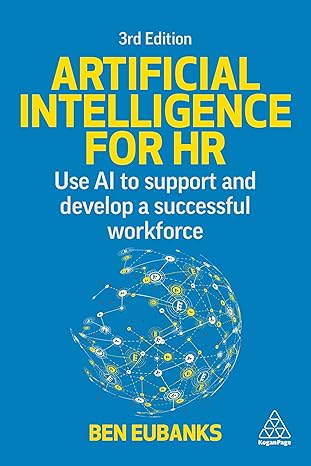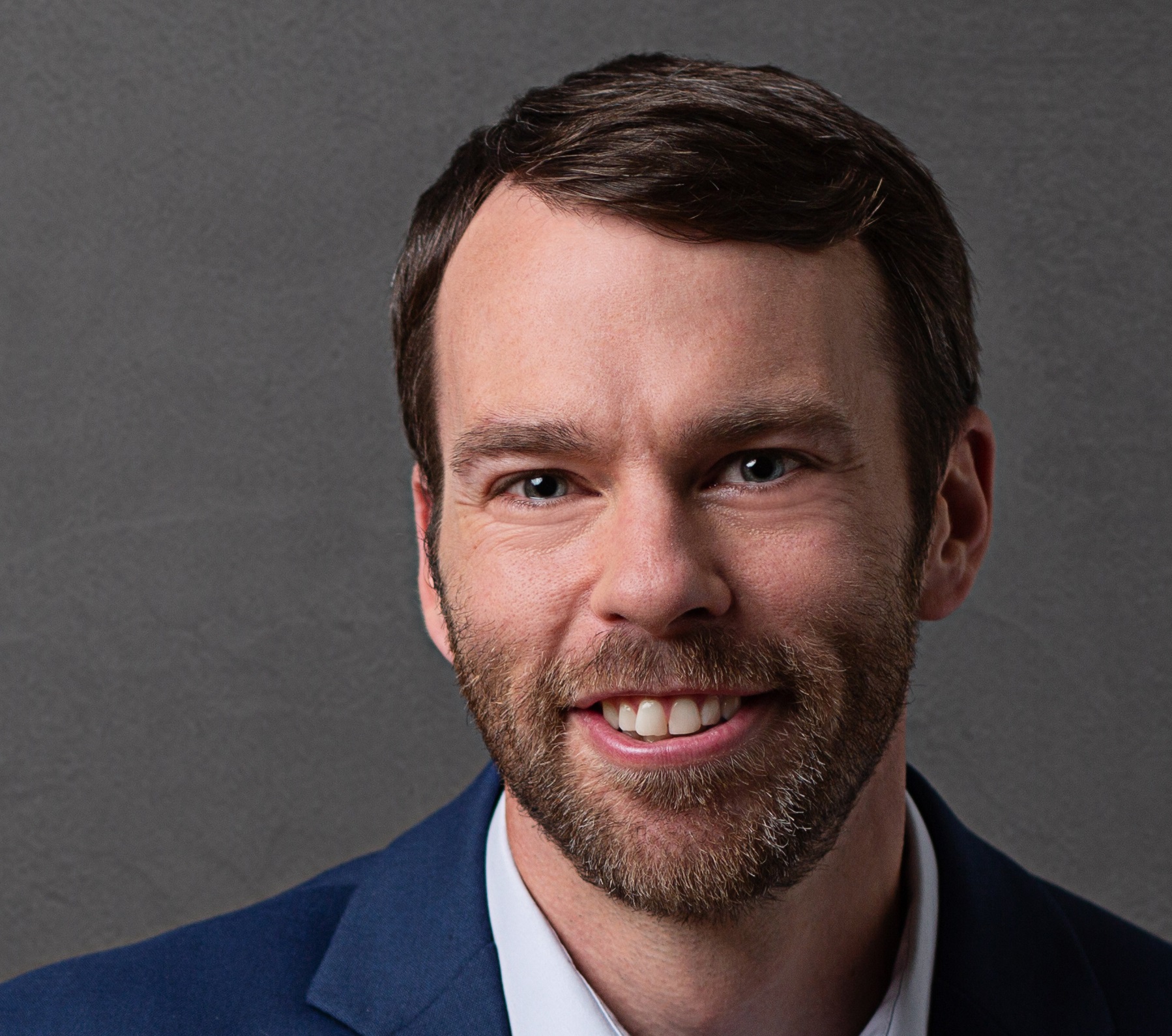 Later this year (September, to be more specific), the third edition of my book Artificial Intelligence for HR will be released. As the first book in the world on this topic back in 2018, the initial edition was used by educators and employers worldwide to understand just how AI is changing the workplace. But as I think on this newest edition, it feels like the most important one yet. We’re at the edge of some big things, some of which I’ll be speaking on this week at the SHRM AI + HI Summit in San Francisco, others I’ll be showcasing as part of our HR Tech Awards ceremony at the UNLEASH America conference in May.
Later this year (September, to be more specific), the third edition of my book Artificial Intelligence for HR will be released. As the first book in the world on this topic back in 2018, the initial edition was used by educators and employers worldwide to understand just how AI is changing the workplace. But as I think on this newest edition, it feels like the most important one yet. We’re at the edge of some big things, some of which I’ll be speaking on this week at the SHRM AI + HI Summit in San Francisco, others I’ll be showcasing as part of our HR Tech Awards ceremony at the UNLEASH America conference in May.
Here are some of the big themes I’ve been examining lately.
The Tension of AI vs Human
Have you ever walked into your favorite coffee shop and found a sleek new self-serve kiosk taking orders? It can feel equal parts futuristic and oddly impersonal. That same tension—excitement at what technology can do versus concern over what it might replace—is at the heart of how AI is reshaping today’s HR landscape.
AI as a Strategic Driver, Not Just a Tool
In many organizations, AI has graduated from a “cool gadget” to a must-have strategic asset. AI-driven analytics can speed up recruiting, parse competencies in real time, and even predict which employees might need extra support before they ask for it. Yet for HR leaders, implementing AI is more than flipping a switch. It’s about championing a vision where AI complements rather than displaces that sense of human connection within the business.
During a recent conference, I heard a cautionary tale about a major corporation that automated everything from scheduling to performance feedback with lightning speed. The result? Frustrated employees, missed nuances, and a wave of unexpected turnover.
The lesson was simple: technology isn’t a substitute for empathy, and it shouldn’t be left to run wild without HR’s guiding hand.
Keeping People at the Center
Yes, AI can accelerate day-to-day HR work—but at what cost if it strips away every bit of personal interaction? We’ve all heard the horror stories of automated systems mistakenly rejecting top candidates because they had an unconventional career path. No leader wants that kind of brand damage, and no one wants employees to feel like cogs in a digital wheel.
HR has the power to make sure the “human” in Human Resources remains front and center. This means setting AI guardrails and being the voice that asks, “How will this impact our people?” Because at the end of the day, businesses don’t thrive on technology alone. They thrive on trust, relationships, and people who feel valued.
From Jobs to Skills: A New Lens on Talent
If there’s one key mindset shift in HR right now, it’s focusing on “skills” rather than “jobs.” AI’s ability to quickly assess and validate specific skill sets has led to more precise talent matching—whether it’s finding your next sales guru or pinpointing who’s best suited to lead a new project.
That said, it’s still tricky to capture and track what someone can really do. Someone might be a data whiz on paper but an even better mentor in practice. When leveraged smartly, AI can help unearth hidden talents or identify opportunities for development that traditional reviews might miss.
HR’s challenge is to interpret and use AI and data in a fair, holistic way so people aren’t reduced to numbers on a screen.
Empowering HR with Digital Insights
The possibilities for AI in HR go well beyond recruiting and performance. Imagine giving managers a personalized digital coach that can suggest how to handle tough conversations, or using computer vision to ensure workplace safety. When implemented thoughtfully, these tools enable HR to anticipate needs and tailor solutions in real time, creating more engaged teams and healthier work environments.
The difference between a successful AI rollout and a chaotic one often hinges on preparation. HR leaders who involve themselves from the start—aligning with the organization’s overall AI strategy—are far more likely to see AI initiatives that empower employees rather than alienate them.
Leading with Foresight and Empathy
When it comes to AI, standing still is the biggest risk. The technology is here, it’s evolving quickly, and it’s only going to get smarter. But here’s the silver lining: HR is uniquely positioned to steer how these tools are introduced, ensuring they enhance the workforce rather than reduce it to a row of data points.
In other words, your role isn’t just to adopt AI. Rather, it’s to guide your organization to adopt it responsibly.
Stay curious about emerging tools, keep empathy at the forefront, and lean on data-based insights to make informed decisions. Done correctly, AI can free you from administrative tasks and unleash your team’s creative, people-focused potential. Because at its best, AI isn’t about replacing humans—it’s about giving us more space to be the caring, innovative, and strategic leaders our workplaces truly need.

Ben Eubanks is the Chief Research Officer at Lighthouse Research & Advisory. He is an author, speaker, and researcher with a passion for telling stories and making complex topics easy to understand.
His latest book Talent Scarcity answers the question every business leader has asked in recent years: “Where are all the people, and how do we get them back to work?” It shares practical and strategic recruiting and retention ideas and case studies for every employer.
His first book, Artificial Intelligence for HR, is the world’s most-cited resource on AI applications for hiring, development, and employee experience.
Ben has more than 10 years of experience both as an HR/recruiting executive as well as a researcher on workplace topics. His work is practical, relevant, and valued by practitioners from F100 firms to SMB organizations across the globe.
He has spoken to tens of thousands of HR professionals across the globe and enjoys sharing about technology, talent practices, and more. His speaking credits include the SHRM Annual Conference, Seminarium International, PeopleMatters Dubai and India, and over 100 other notable events.
